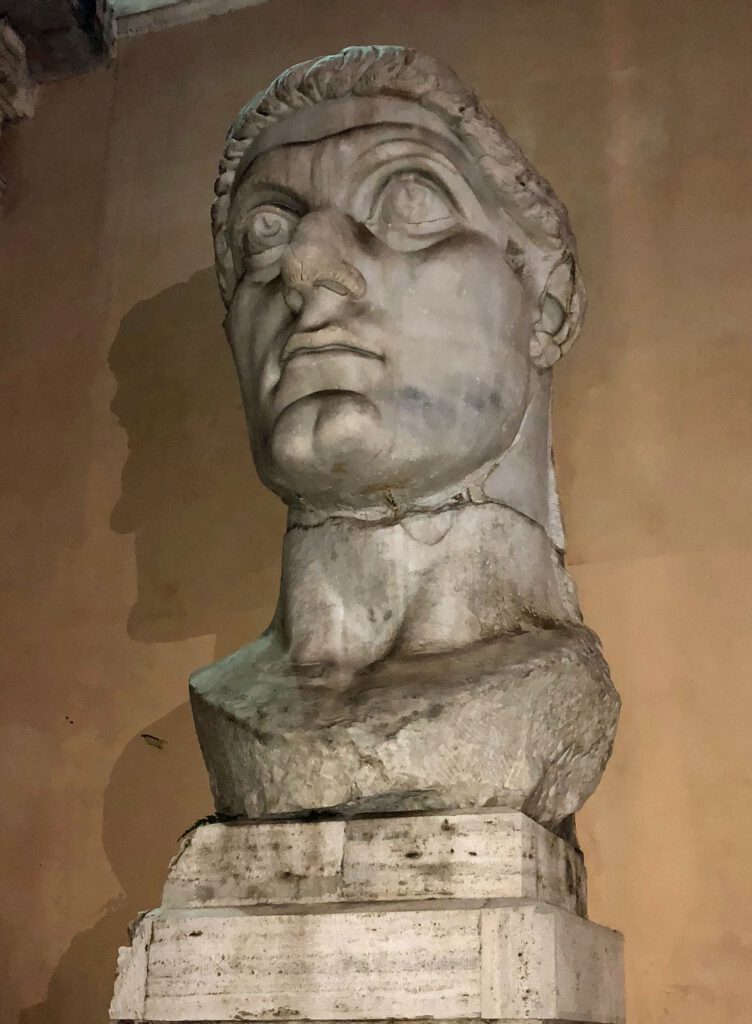In the early 4th century AD, Cologne, the capital of the Low Germanic province of the Roman Empire, attracted the attention of Rome and the Emperor. The members of the city council of the Colonia Claudia Ara Agrippinensium turned to the Emperor in an administrative matter, who probably took care of this matter immediately. For his reaction took place in the form of a decree with legal character valid in the entire Imperium Romanum.
Constantine’s decree of 321 allowed the provincial cities – with certain possibilities of special rights and dispensation – to appoint Jews to the city council. At the same time, the decree highlights Cologne’s Jewish history in late antiquity.
This decree is the earliest surviving document on the existence of Jews north of the Alps. Accordingly, Jewish life in Germany in 2021 looks back on a 1700-year history.
Constantine’s decree of 321 has survived as a copy in a collection of laws, the Codex Theodosianus. Commissioned by Emperor Theodosius II (408-450) between 429 and 437, it contains all the Roman laws and imperial constitutions issued since 321 by Constantine the Great and the following Roman emperors, in Latin and in abbreviated form. The oldest preserved copy dates back to the 6th century and is now in the Vatican.

Timeline Cologne
- ↑ The „Amsterdam Machsor“ – 1248
